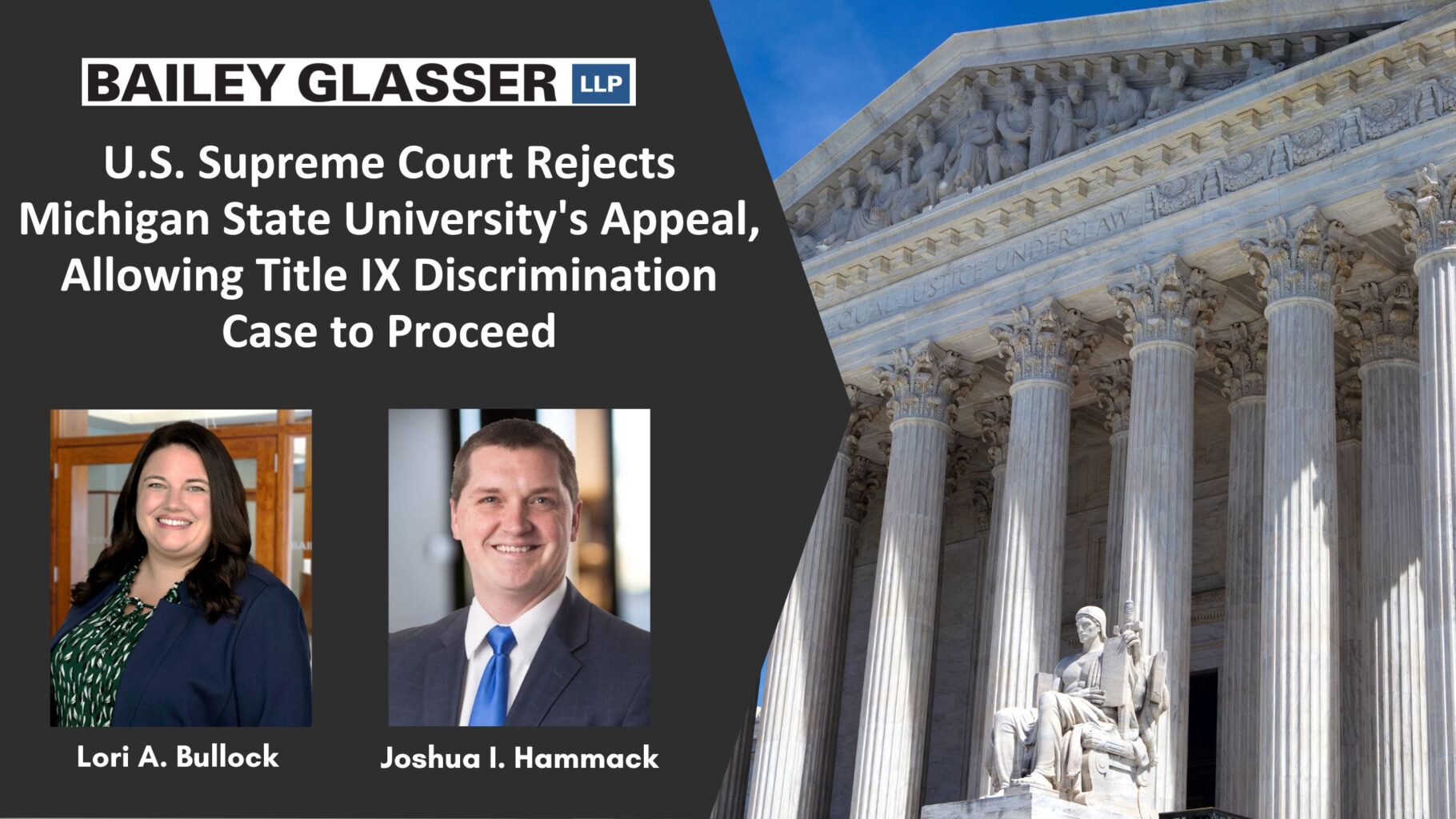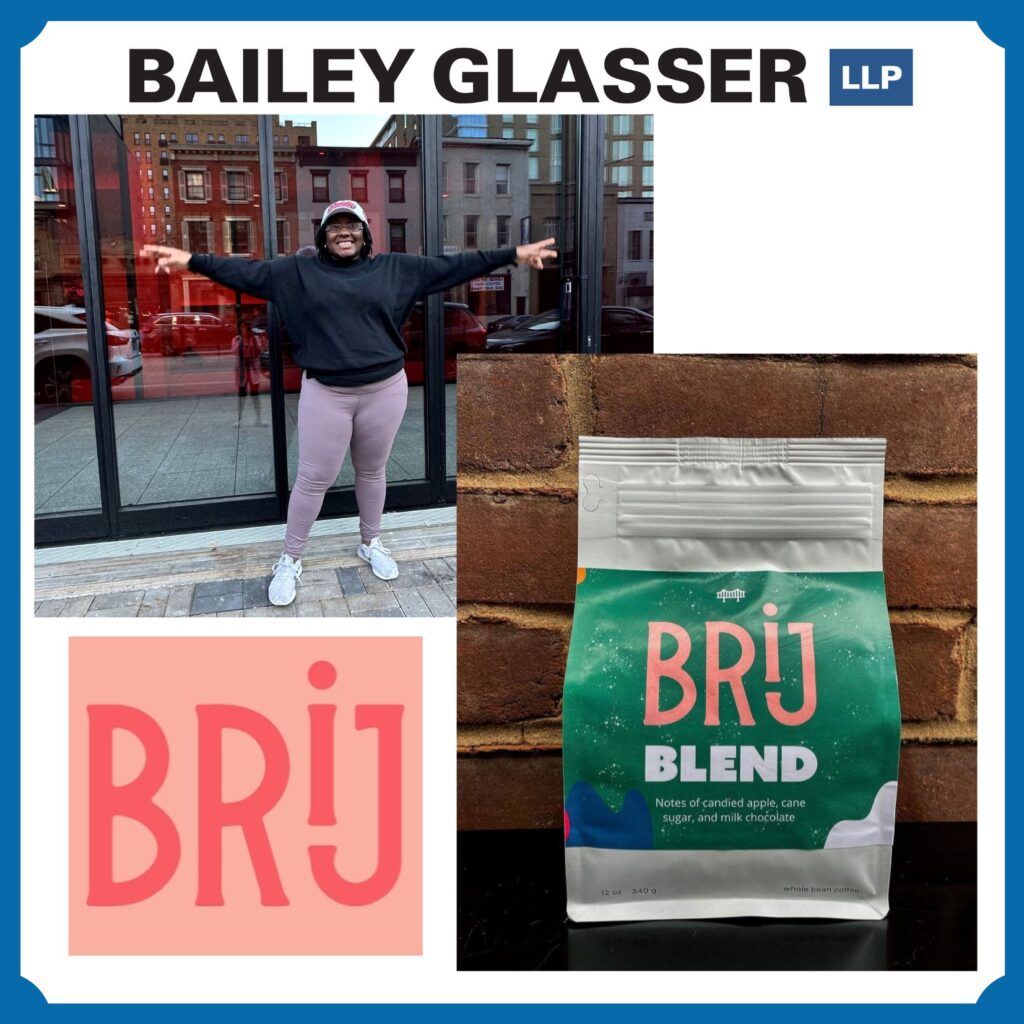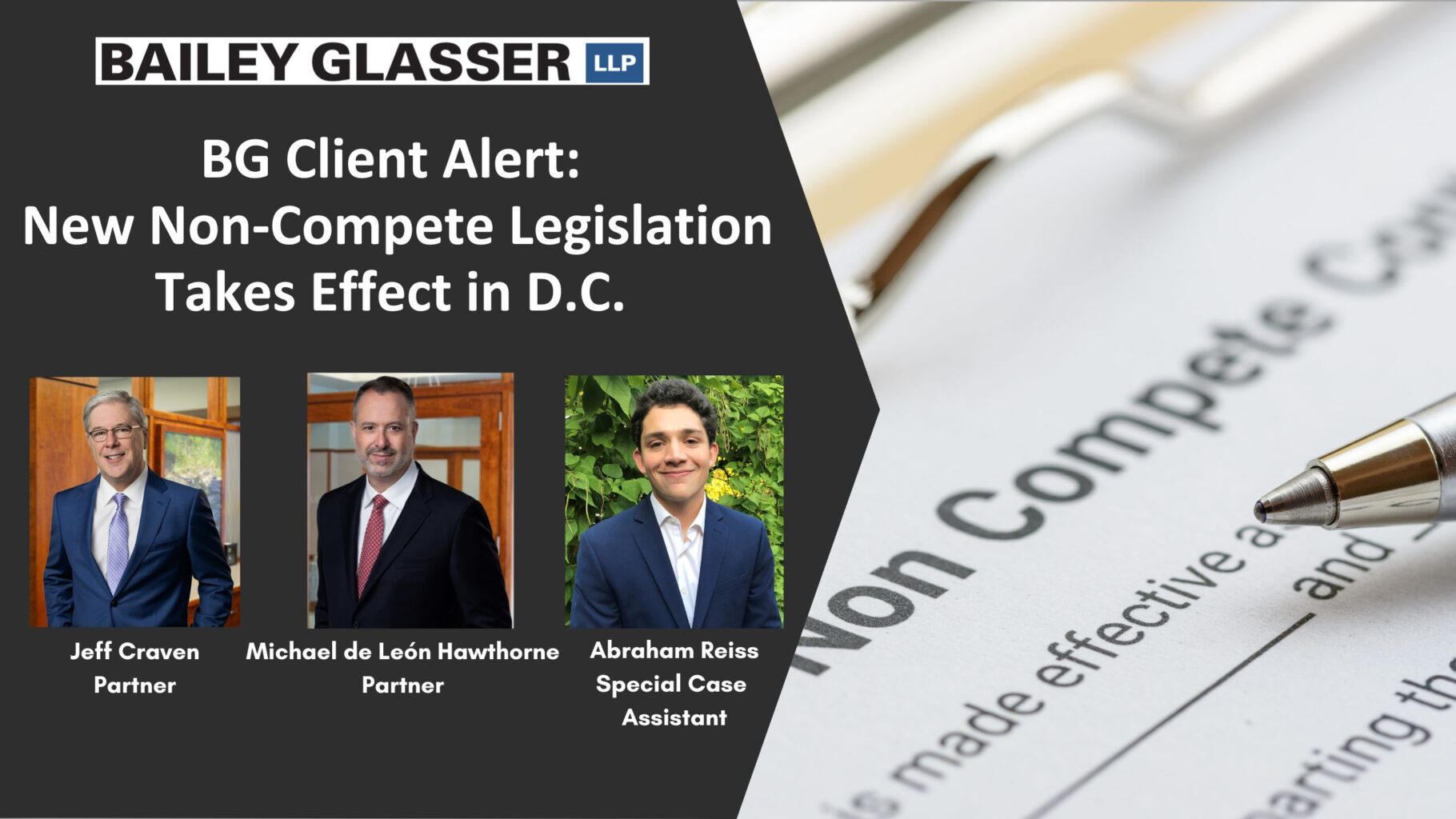
by J. Jeffrey Craven, Michael de León Hawthorne, and Abraham B. Reiss
Introduction and Background
Washington, D.C.’s new non-compete law, the “Non-Compete Clarification Amendment Act of 2022” (the “Amended Act”) went into effect last month. As of October 1, 2022, employers operating in the District of Columbia are prohibited from using most non-compete provisions, with key exceptions. The Amendment Act is not retroactive: non-competition agreements predating October 1, 2022, are not affected, although employers may still want to review such non-compete provisions with their legal counsel.
The new legislation represents a toned-down version of the “Ban on Non-Compete Agreements Amendment Act of 2020,” an outright ban on non-competes covering nearly all D.C. employees, passed by the city council in December 2020. The 2020 ban, which became law in January 2021, would have constituted one of the most employee-friendly non-compete laws in the country. However, significant backlash from D.C. business interests effectively pressured the city council to delay its implementation and draft a more modest version of the law. On June 12, 2022, the council passed the Amended Act, which includes important employer-friendly exemptions that had been requested by the D.C. business lobby.
Covered and Exempted Employees
All current and prospective non-governmental employers in D.C. are prohibited from using non-compete language in agreements with their “covered employees.” Covered employees are defined as workers who do not qualify as “highly compensated” (discussed below) and either spend more than 50% of their work time for their employer in the District or spend a “substantial amount” of their work time in D.C. and not more than 50% in another jurisdiction. Both remote and in-person employees qualify, as well as newly hired employees who have yet to begin working, provided an employer can reasonably anticipate that they will spend most of their work time in D.C.
Employers may use non-compete restrictions for their “highly compensated” employees, defined as those whose total annual compensation, including wages or salaries as well as bonuses, commissions, vested stock, and overtime pay, exceeds $150,000. For medical specialists, the minimum qualifying annual compensation is $250,000. However, non-competes for these employees must clearly stipulate any geographic limitations and the length of time covered after separation is capped at 1 year (2 years for medical specialists). “Broadcast employees” do not qualify as highly compensated, regardless of what they earn and are defined by the Amended Act as any “on or off-air creator (such as an anchor, disc jockey, editor, producer, program host, reporter, or writer)” working at any D.C. station or network that provides broadcast services. Minimum qualifying annual compensation values will be adjusted based on the local Consumer Price Index beginning on January 1, 2024.
The new law also includes an anti-moonlighting provision allowing employers to restrict employees who also work simultaneous, separate employment. Employers may use non-compete provisions for such simultaneous employment when they “reasonably believe” that their employee’s second job would result in a conflict of interest, disclosure of confidential information, or the breach of industry rules or local or federal laws and regulations. The legislation also permits non-competition provisions in the context of long-term incentive agreements in which employers award bonuses, equity, and/or stock as performance-based rewards.
In some professions, governing associations already bar the use of non-competes. For instance, the ethics rules of the American Bar Association (ABA) prohibit non-competition clauses in agreements among attorneys.
Read more
Like this:
Like Loading...
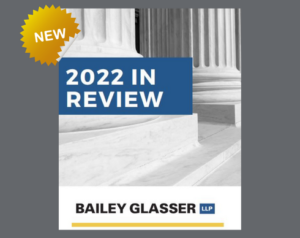 Passionately practicing law while doing good work for our clients and communities is at the heart of what we do here at BG.
Passionately practicing law while doing good work for our clients and communities is at the heart of what we do here at BG. 
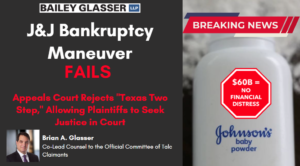

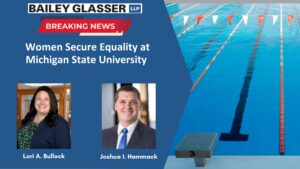 “Enough is enough” – a two-year battle ended with Michigan State University agreeing to undergo a comprehensive Gender Equity Review and create a Gender Equity Plan to bring it into full Title IX compliance by the 2026-27 academic year. This settlement will positively shape MSU’s athletics program for years to come. Bailey Glasser partners
“Enough is enough” – a two-year battle ended with Michigan State University agreeing to undergo a comprehensive Gender Equity Review and create a Gender Equity Plan to bring it into full Title IX compliance by the 2026-27 academic year. This settlement will positively shape MSU’s athletics program for years to come. Bailey Glasser partners  The Supreme Court is currently considering a case that could expand the scope of the attorney-client privilege in the context of dual-purpose communications – such as, in this case, communications made to a law firm that also prepares tax returns. The question before the Court is: what is the appropriate test to determine whether a communication involving both legal and non-legal advice is protected by the attorney-client privilege? This case, In re Grand Jury, concerns documents that the Petitioner, a law firm specializing in tax law, claims are privileged. Petitioner asserts that these allegedly privileged materials concern tax law issues that arise upon expatriation from the United States and include legal advice regarding determining ownership of cryptocurrency assets, appropriate methods for asset valuation, and tax filing strategies. The Petitioner law firm also prepared filings for the client, an early promoter of bitcoin, including a certification of compliance with expatriation tax requirements.
The Supreme Court is currently considering a case that could expand the scope of the attorney-client privilege in the context of dual-purpose communications – such as, in this case, communications made to a law firm that also prepares tax returns. The question before the Court is: what is the appropriate test to determine whether a communication involving both legal and non-legal advice is protected by the attorney-client privilege? This case, In re Grand Jury, concerns documents that the Petitioner, a law firm specializing in tax law, claims are privileged. Petitioner asserts that these allegedly privileged materials concern tax law issues that arise upon expatriation from the United States and include legal advice regarding determining ownership of cryptocurrency assets, appropriate methods for asset valuation, and tax filing strategies. The Petitioner law firm also prepared filings for the client, an early promoter of bitcoin, including a certification of compliance with expatriation tax requirements.
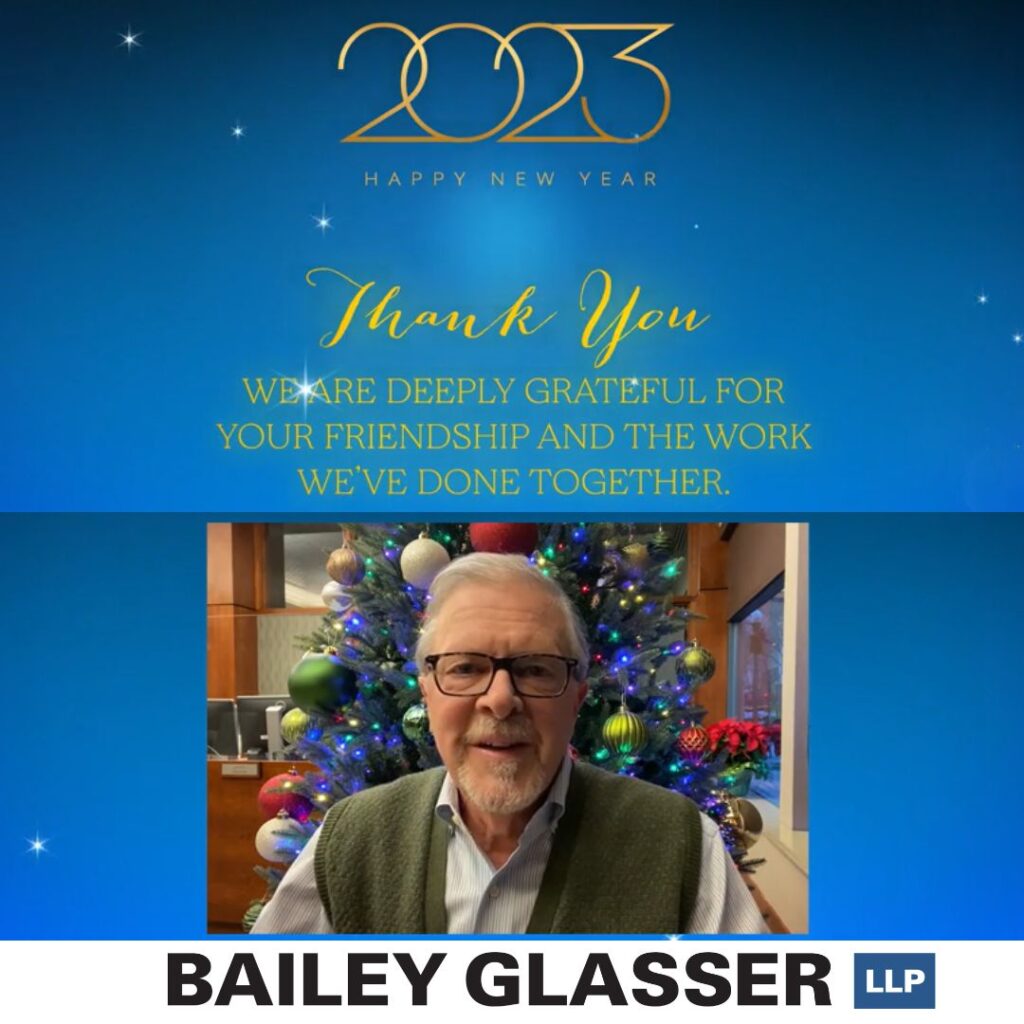
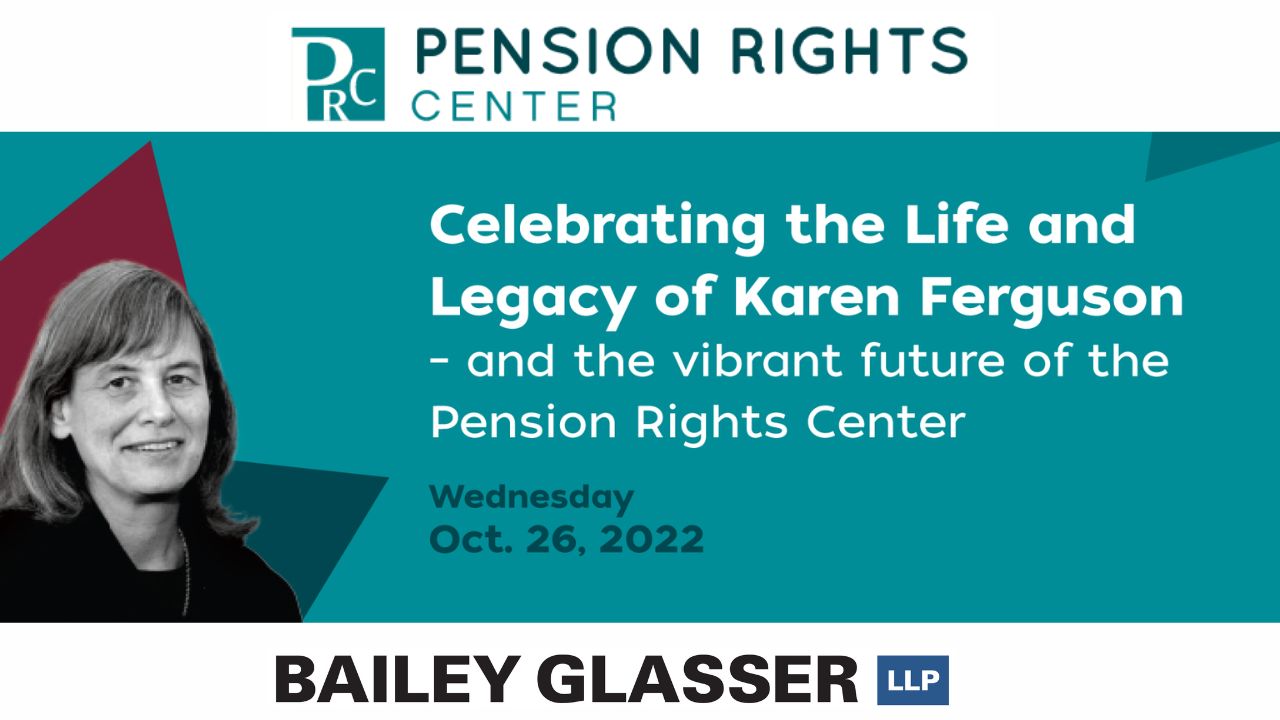 Bailey Glasser was delighted to sponsor the
Bailey Glasser was delighted to sponsor the 